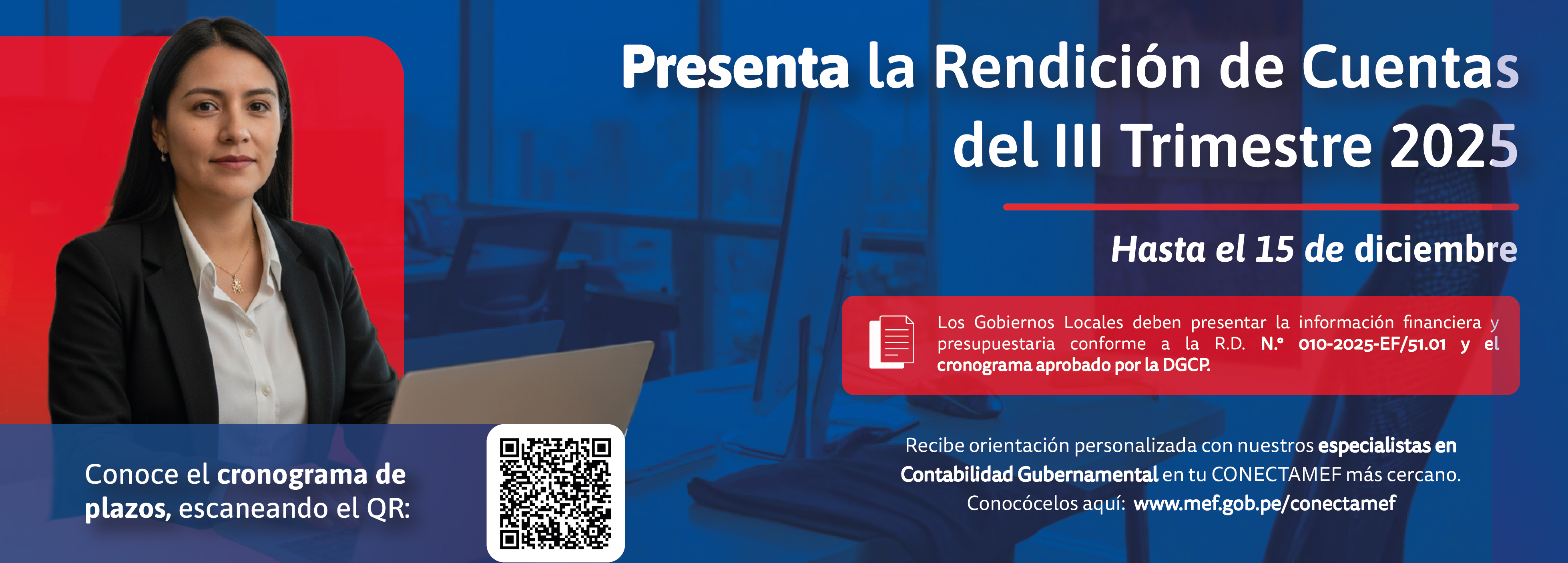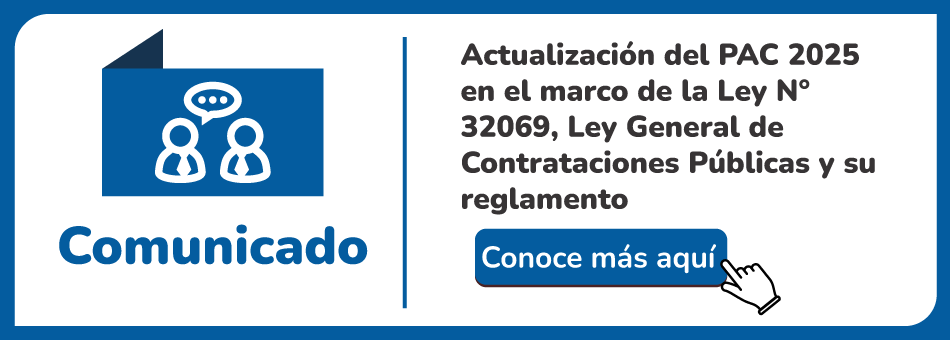"Año del Bicentenario, de la consolidación de nuestra Independencia, y de la conmemoración de las heroicas batallas de Junín y Ayacucho"
Portal de Transparencia Económica
The decision in the case about La Oroya details the success of the Peruvian State
The Ministry of Economy and Finance informs the public on the status of the arbitral proceeding commenced by The Renco Group Inc., including details on the International Arbitral Tribunal’s decision of 15 July 2016 that favored the Republic of Peru in the first arbitration initiated under the Trade Promotion Agreement between Peru and the United States (“TPA”). This follows the publication of the decision by the International Centre for the Settlement of Investment Disputes (ICSID) of the World Bank and in accordance with the transparency provisions in the TPA.
Facing claims by Renco, which demanded damages of more than $800 million, Peru raised several objections, prevailing in the Arbitral Tribunal’s decision with respect to the first objection. This objection highlights, specifically, that the TPA requires that applicants waive other dispute settlement procedures regarding the same measures to avoid prejudice. Renco did not comply with this provision, as Peru has indicated.
Although Renco argues that this objection is insignificant and “frivolous,” the Tribunal disagreed. According to the Tribunal, “Renco’s reservation of rights is not ‘superfluous,’ as Renco contends,” and that the defect “goes to the heart of the Tribunal’s jurisdiction.” Notably, the United States and Peru made written submissions confirming their common understanding on the scope of the requirement of the TPA.
The Tribunal of three arbitrators decided that Renco had not complied with the TPA, as indicated in the “FORMAL AWARD” of the decision:
FORMAL AWARD
For all of the foregoing reasons, and rejecting all submissions, claims and counterclaims to the contrary, the Tribunal HEREBY FINDS DECLARES AND AWARDS as follows. But for the view of one Member of the Tribunal that Renco should have been permitted to cure its defective waiver by withdrawing the reservation of rights (paragraph (b) below), all other conclusions of the Tribunal are unanimous.
a) Renco has failed to comply with the formal requirement of Article 10.18(2)(b) by including the reservation of rights in the waiver accompanying its Amended Notice of Arbitration because:
i. The reservation of rights is not permitted by the express terms of Article 10.18(2)(b);
ii. The reservation of rights undermines the object and purpose of Article 10.18(2)(b);
iii. The reservation of rights is incompatible with the “no U-turn” structure Of Article 10.18(2)(b); and
iv. The reservation of rights is not superfluous.
b) Renco cannot unilaterally cure its defective waiver by withdrawing the reservation of rights.
c) The Tribunal has no power to sever the reservation of rights from Renco’s waiver and remedy Renco’s non-compliance with Article 10.18(2)(b).
d) Peru’s waiver objection is not tainted by any ulterior motive to evade its duty to arbitrate Renco’s claims.
e) It follows that Renco has failed to establish the requirements for Peru’s consent to arbitrate under the Treaty.
f) Renco’s claims must therefore be dismissed for lack of jurisdiction.
The Tribunal hereby reserves the question of costs pending receipt of submissions from the Parties after which the Tribunal will render a Final Award.
Made in Paris, France
Place of Arbitration: Paris, France
Dated: July 15, 2016
According to the FORMAL AWARD, Renco violated the TPA and all its claims must be rejected. The successful result, backed by the Treaty interpretations of the US as well as Peru, shows how the modern generation of treaties like the TPA (and the Trans Pacific Partnership - TPP) confirm the necessity of compliance with requirements, including that investors follow the rules of treaties and the law.
Following the result of the FORMAL AWARD, Renco could attempt to start a new proceeding under the TPA. If Renco were to do so, it must comply with the TPA’s requirements and the applicable law. Because Peru won on its first objection, the Tribunal did not need to reach the various additional objections presented under the different requirements of the TPA. Peru reserves all rights as to these or other issues in case it should prove necessary.
In light of this result, Peru continues to invite all parties involved, including Renco, to take this opportunity to focus on solutions for the city of La Oroya, but also Peru will be prepared to respond fully to any further effort to face any conflict instead of solutions for the city and its people.
ns regarding Gramercy's lack of compliance with the waiver requirement and other requirements under the TPA. Peru maintains its call for respect for the Treaty procedure and will continue to pursue respectful consultations regarding the international dispute.
Lima, July 26, 2016










